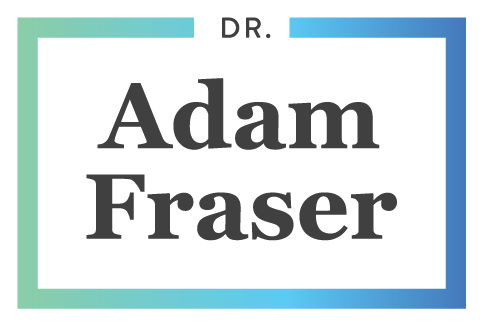No Thanks Kevin
The Psychology of Courage
“Being courageous doesn’t require us to get rid of our negative thoughts and emotions. We can be courageous even when we don’t feel positive.”
WHAT THE PRESENTATION FOCUSES ON:
One of the strongest characteristics of a high performing team is their ability to take proactive action before they are forced to change by external circumstances. This is a huge driver of performance, innovation and evolution.
Research shows that for many organisations and teams the only time they change is when they are forced into action by external circumstances. However, by then, it is often too late, they have already been disrupted or out performed by a competitor.
Humans often struggle with their ability to take proactive action. We are constantly presented with moments that are opportunities to advance and grow. Dr Adam Fraser refers to these as ‘Evolution Points’. They are opportunities to innovate and reinvent the way we operate. Unfortunately, all too often in these moments, we let fear, anxiety, self doubt and imposter syndrome hold us back from initiating proactive action.
Dr Adam Fraser has been studying how can we exhibit courage when faced with an evolution point. His research shows that the traditional approach to being courageous often leads to more procrastination. We have been incorrectly taught that in order to be courageous we have to feel positive emotion and think positive thoughts at the moment of challenge.
In this presentation Dr Adam will demonstrate how to use the SAFE model (a four step strategy) to be courageous and evolve, even in the presence of negative thoughts and emotions.
Who is Kevin I hear you ask? That will be revealed in the presentation.
OUTCOMES FROM THE PRESENTATION:
• Team members will learn how to use the SAFE model to exhibit courage when taking on an evolution point.
• They will realise that they don’t have to feel positive emotion before taking courageous action.
• They will identify the evolution points that they are not taking action on.
PROBLEMS IT SOLVES:
• Stops team members from retreating back into old comfortable behaviours that stop the organisation moving forward.
• Helps teams to make the most of opportunities to innovate and evolve.
KEYWORDS:
Courageous leadership, innovation, embracing change, proactive action.
RESEARCH OUTCOMES:
• In a recent study the ‘SAFE model’ helped leaders increase the frequency of courageous leadership behaviours by 64% (as judged by their team members).
* 19% increase in my leader asking my opinion in solving challenging work problems.

